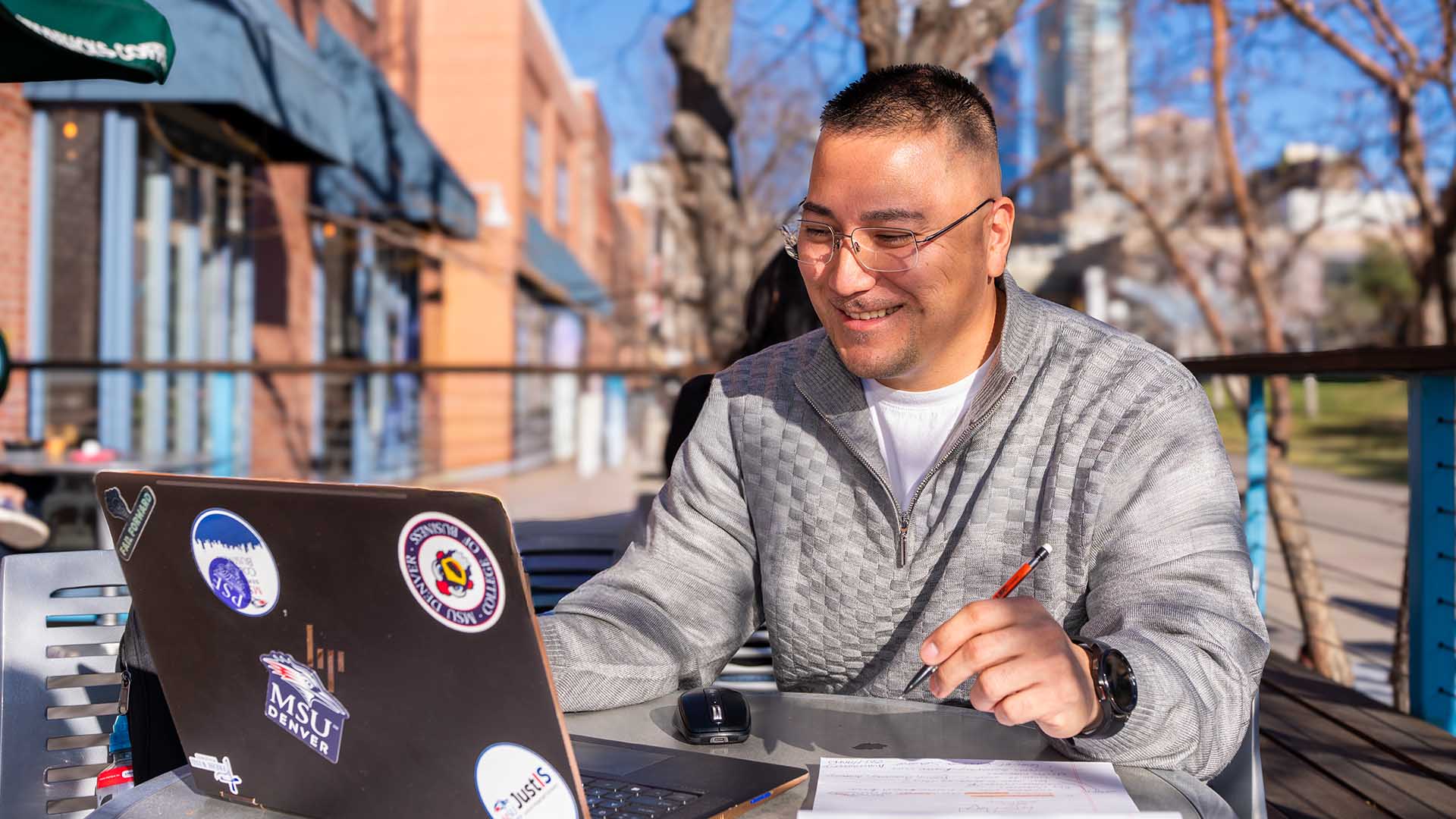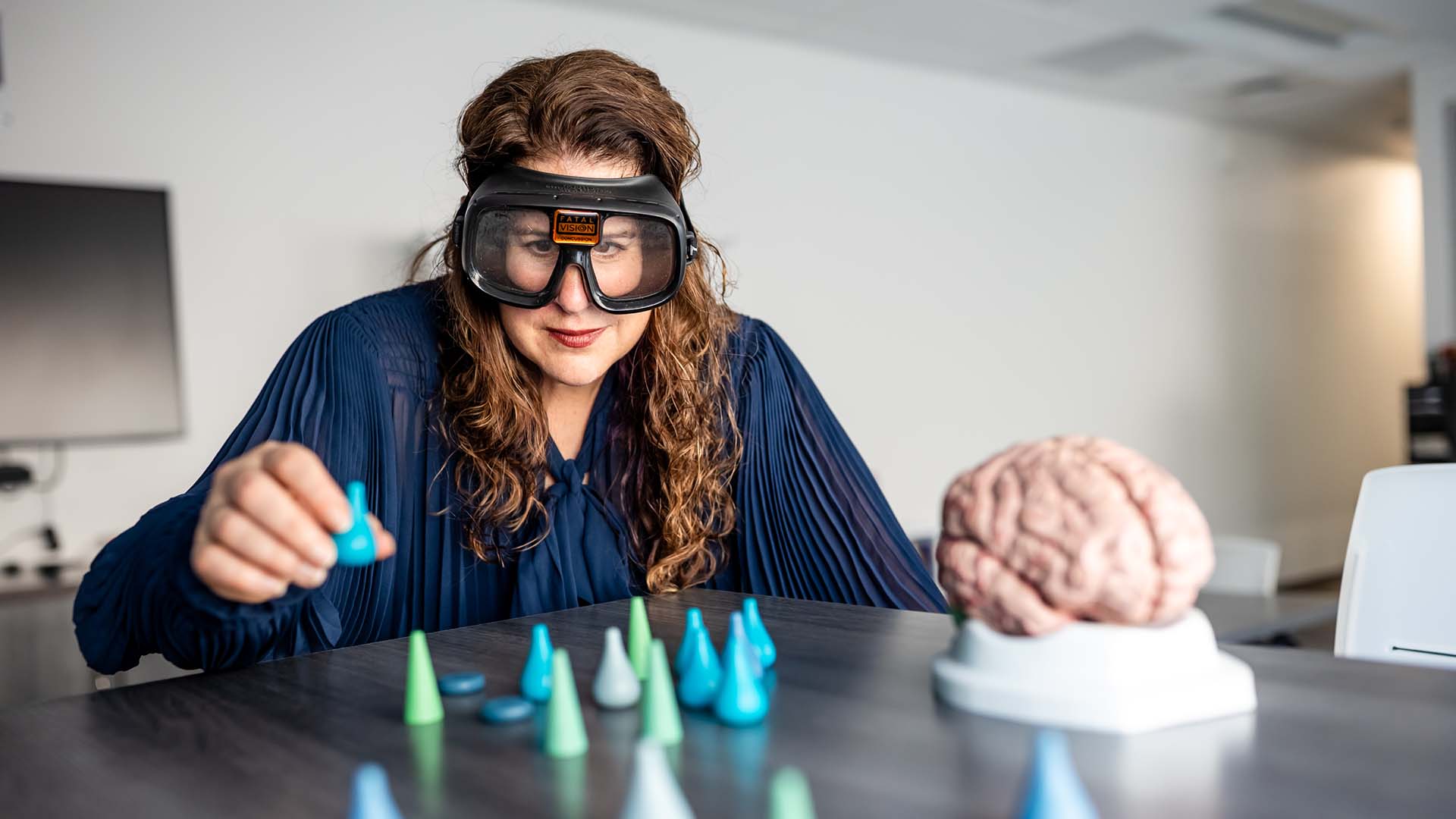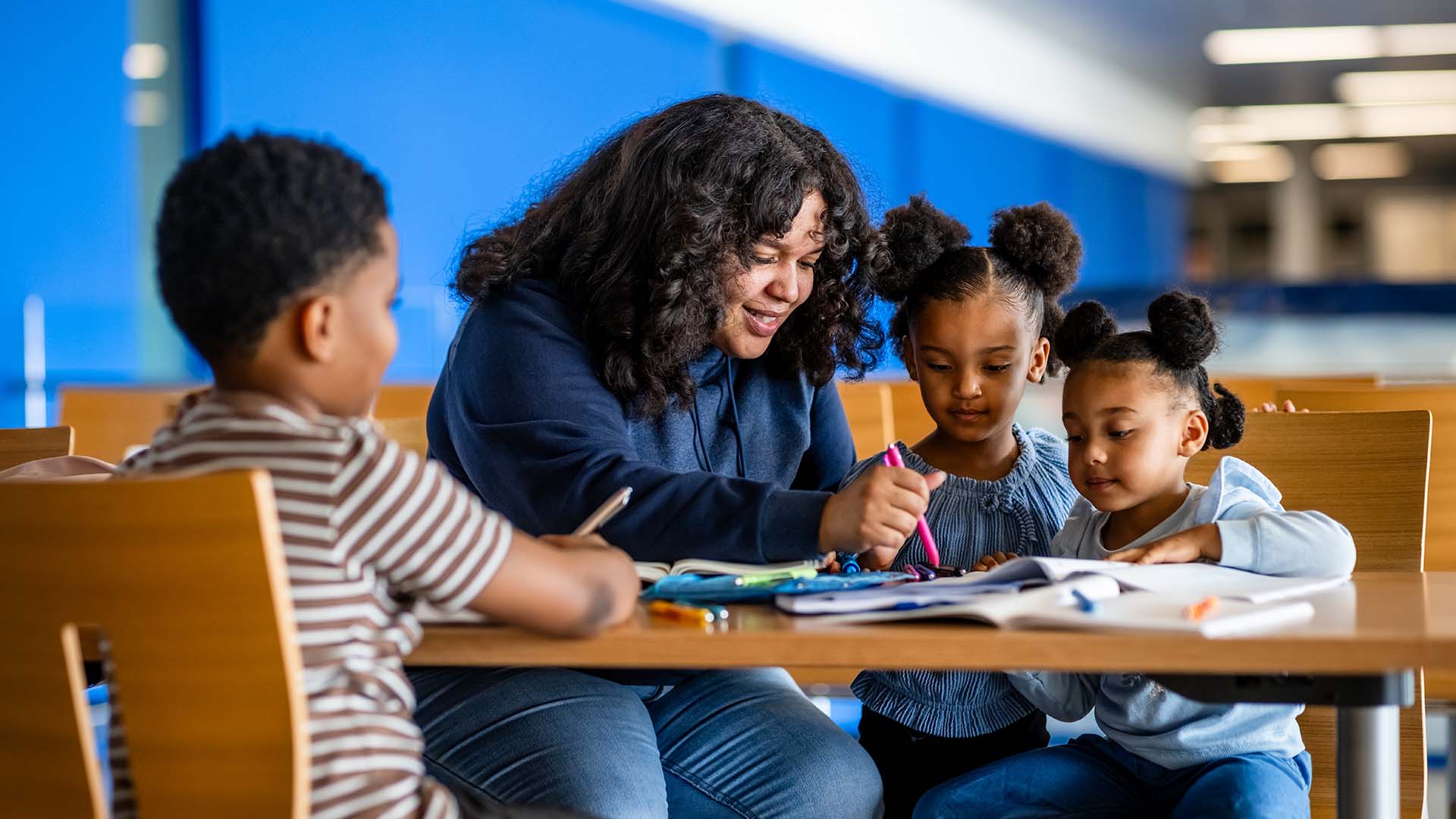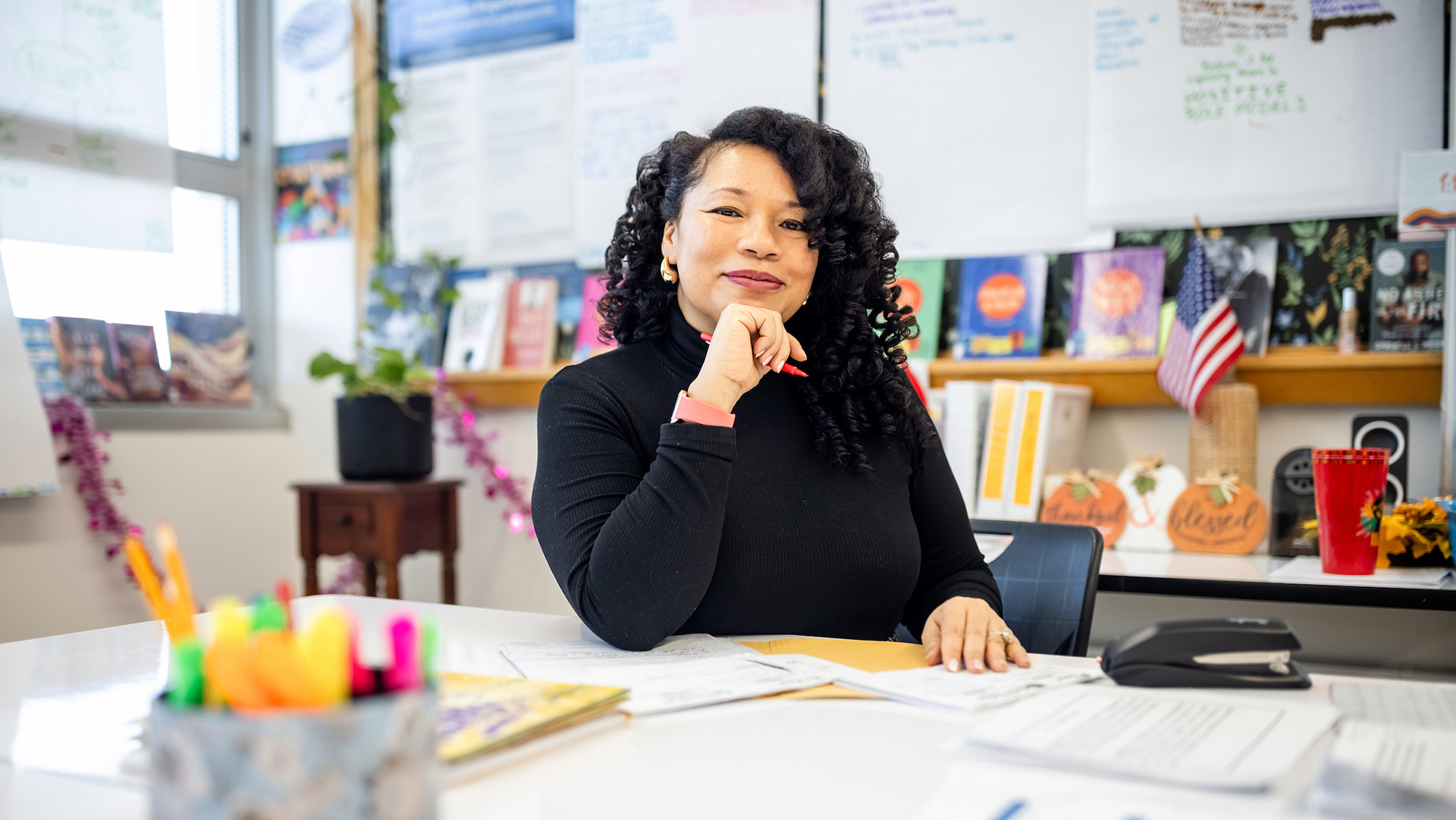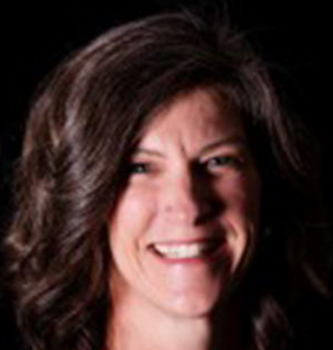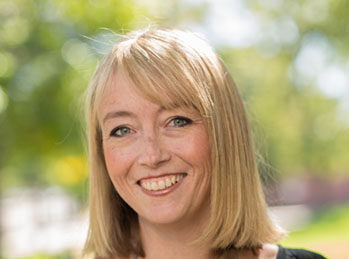Student-athletes with autism set sights on Paralympics
How neurodiverse twins at MSU Denver found the support they needed to exceed expectations.
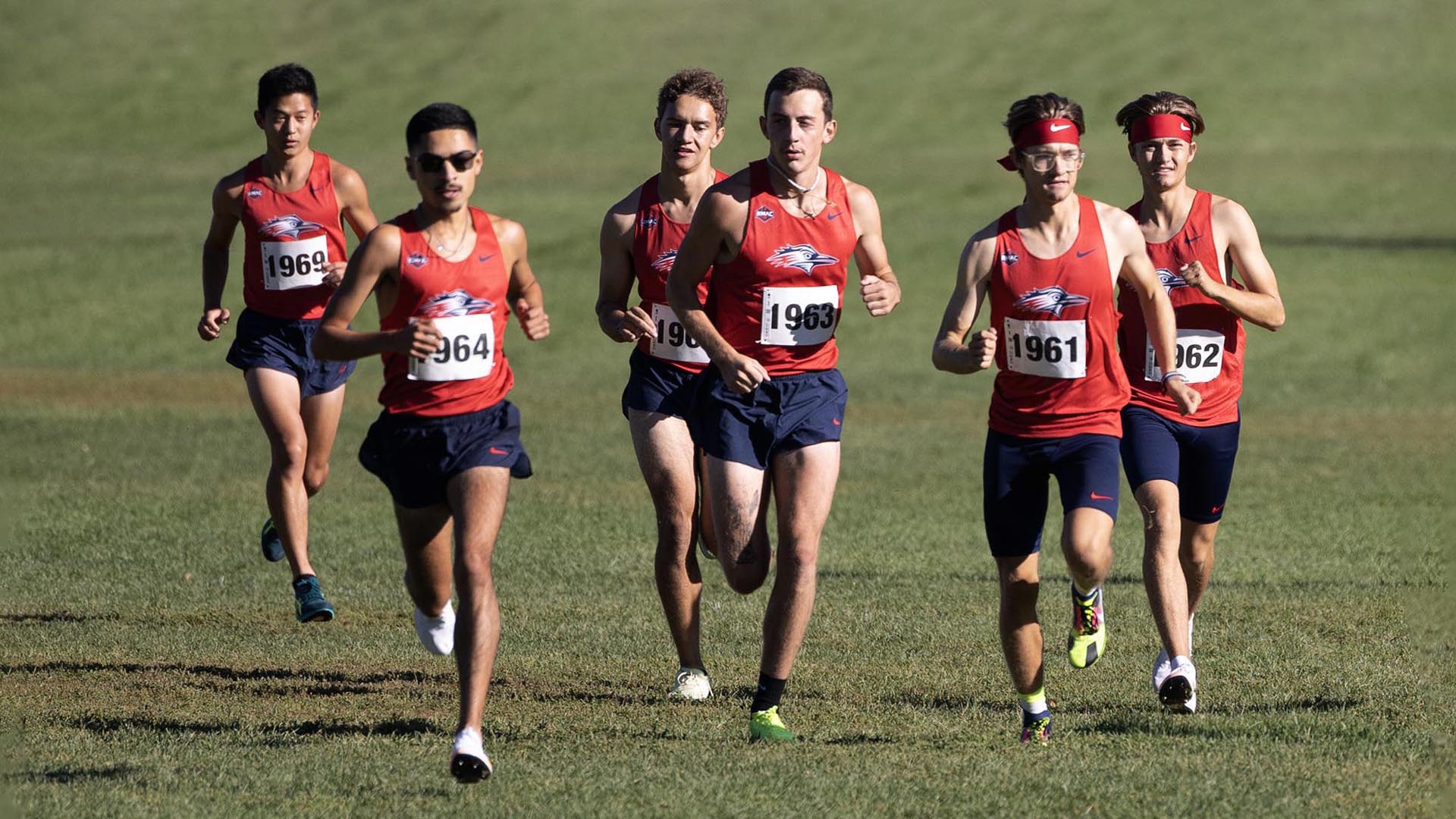
September has been a standout month for Jonathan and Jordan Duran, 23-year-old twins from Arvada.
First, the twins competed in their first official meet for the Metropolitan State University of Denver men’s cross-country team in early September at Washington Park. Then, they received the news that they’re certified to compete in national and international Paralympic competitions.
From a distance, these student-athletes present much like any other college student, balancing classes and extracurriculars while working toward degrees in Hospitality Leadership.
What their athletic and academic stats won’t tell you is that both young men are on the autism spectrum. Their successes have been hard-won, thanks to immense support and even greater personal motivation.
Unfortunately, the odds aren’t in their favor. In a country where the national unemployment rate is 3.8%, 50-75% of adults affected by autism are unemployed or underemployed.
For the Duran twins, the key to success is a college environment conducive to their needs. MSU Denver’s Inclusive Higher Education Solutions has given them the solid foundation of support services designed to aid their path in college and beyond.
“I really want to show everyone and prove them wrong,” Jonathan said about competing in cross country, adding, “I can do this, you know?”
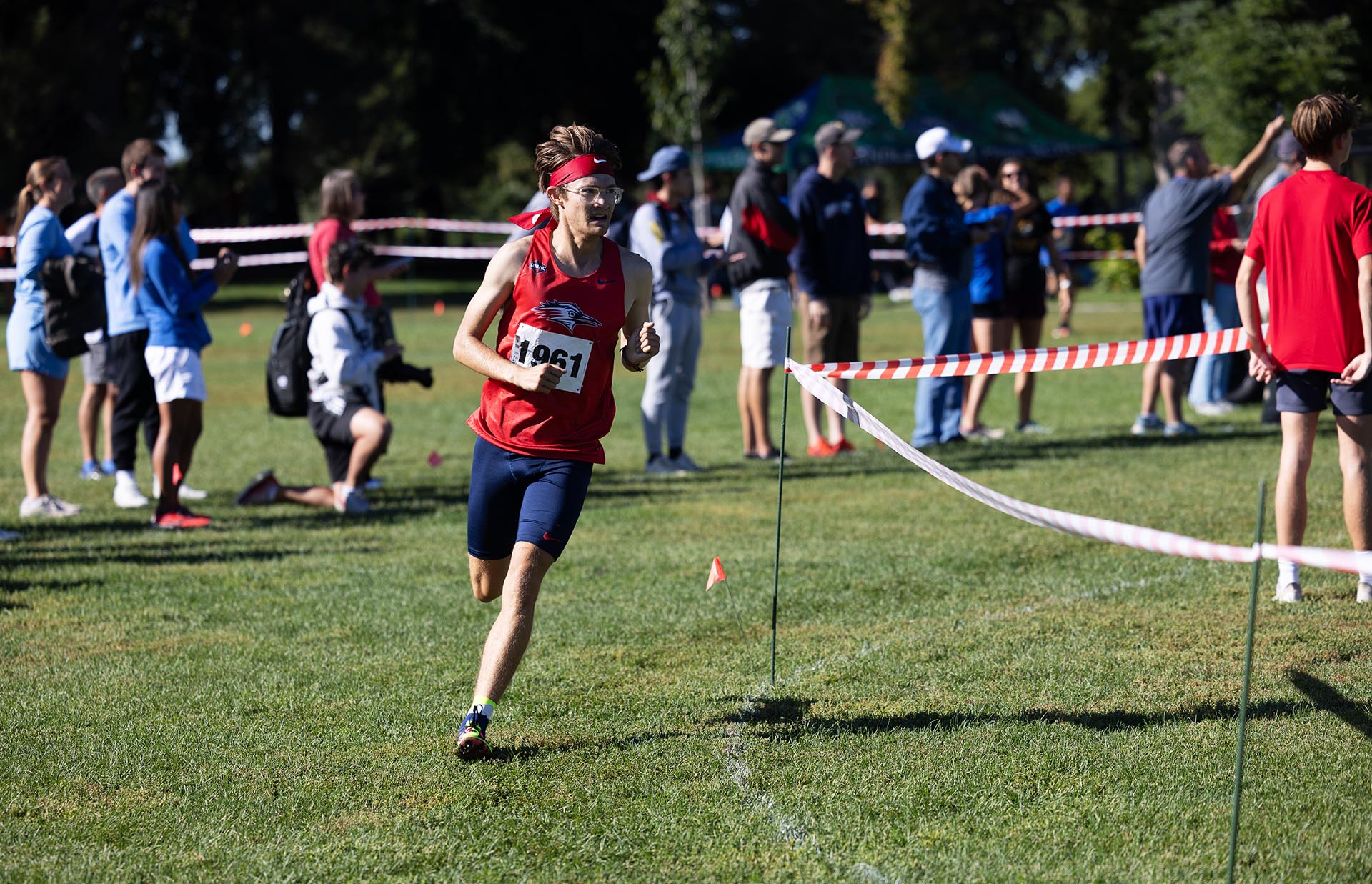
On track for college
An MSU Denver graduate herself, Cathi Allen, director of MSU Denver’s IHES Program, spent years teaching special education for Douglas County schools and later founded a nonprofit aimed at helping young adults with intellectual disabilities succeed in college and beyond. In July, she joined MSU Denver’s School of Education to make her mission a reality through IHES.
The program is part of the statewide IN! Pathways to Inclusive Higher Education initiative and includes mentorship and guidance with academics, social skills and pathways toward meaningful employment.
RELATED: Program guides students with autism to cybersecurity careers
The twins enrolled at MSU Denver in fall 2021 and began taking two courses each but struggled to make passing grades. Working with Allen, they learned how to structure their time and began to improve.
Allen says diverse learners often benefit from assistive technologies, such as Immersive Reader, a text-to-speech program embedded in the Canvas learning-management system and Microsoft products. Harnessing these can make dictating, reading and defining words much easier. Jonathan and Jordan use Immersive Reader, she said, to hear what they have written as well as read emails and the assignments and content on Canvas.
“You come to college to become something,” Allen said. “When you look at (the unemployment statistics), it’s clear we need to do more to support our students while they’re here on campus.”
Rewriting the rules
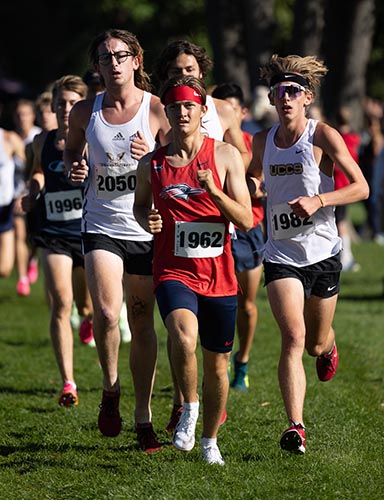
The twins first approached the men’s cross-country coaches about running for the team in 2021. However, they weren’t meeting the NCAA requirements for participating in Division II athletics.
“They really wanted to be able to be NCAA athletes to actually be on this team,” said Amanda Rego, associate head coach for distance at MSU Denver. “As NCAA athletes, you have to be enrolled in 12 credits at a minimum, and you have to pass nine of those.” Because their course load was only 6 credit hours each, they were allowed to train and participate with the team but weren’t officially on the roster.
The twins didn’t give up, though. Instead, they worked with Rego, Allen and MSU Denver’s Access Center, the University’s support center for students with disabilities, to petition the NCAA for a waiver to allow them to compete as student-athletes but with a course load of 9 credit hours — a threshold more friendly to students with autism.
This fall, the NCAA approved the request.
“The best part is being a member of a team,” Jonathan said. “It’s like you get to spend time with your teammates, hang out, just run together, talk during practice and workouts.” Jordan echoed his brother’s sentiments, saying that since starting college he has been making more friends. “It’s a very good thing,” Jordan said.
RELATED: Back on track and breaking records
For Rego, having the twins on the team has been nothing but positive. “They are honestly a coach’s dream,” she said. “They do the little things like getting good sleep and eating well and showing up to support other sports teams here at MSU Denver. They’re honestly the epitome of what a student-athlete should be.”
She added that the team culture feels more positive because of the Durans and how the other student-athletes have accepted them as teammates.
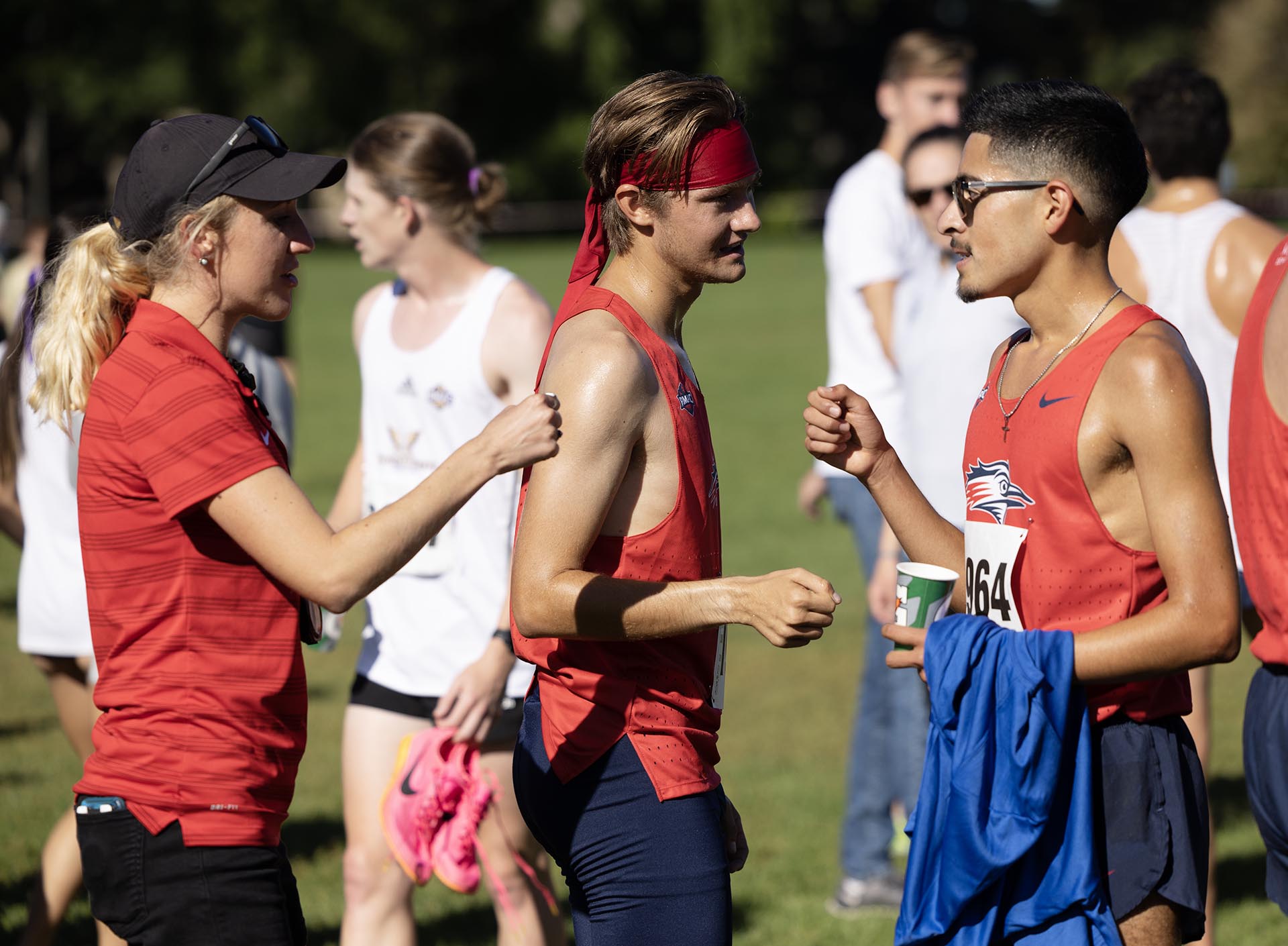
The value of diverse learners
The twins are each seeking a degree in Hospitality Leadership. “Our favorite class has got to be Culinary Arts,” Jonathan said, mentioning the importance of measuring and using the right ingredients.
Jennifer Watson, Ph.D., assistant professor in Food and Beverage, taught the twins in her International Cooking class last semester.
“I think everybody wins when we have diverse learners,” Watson said. “As a professor, diverse learners make me think about how I teach and review and question my activities, assignments and methods.”
This kind of support is helping the Duran twins thrive in college. Last fall, they each added a third course to their load. This past spring, they earned Dean’s List designation from the School of Hospitality.
Olympic aspirations
The twins aren’t only hard workers; they’re fast runners. Rego realized that their story echoes that of Michael Brannigan, a distance runner with autism who took home a gold medal in the men’s 1,500-meter race at the 2016 Paralympics. Rego met him, talked with his coach and brought it up with the twins. After enduring the lengthy process to obtain classification, Jonathan and Jordan became eligible to compete in national and international Paralympics competitions.
If they’re among the top three athletes in their division at the U.S. Trials next summer and hit the time standard, then they’ll go to the 2024 Paralympic Games in Paris, Rego said. It’s never a guarantee, she added. “Just like any athlete, you still have to show up and be ready and be fit and be at your best at the right time,” she said.
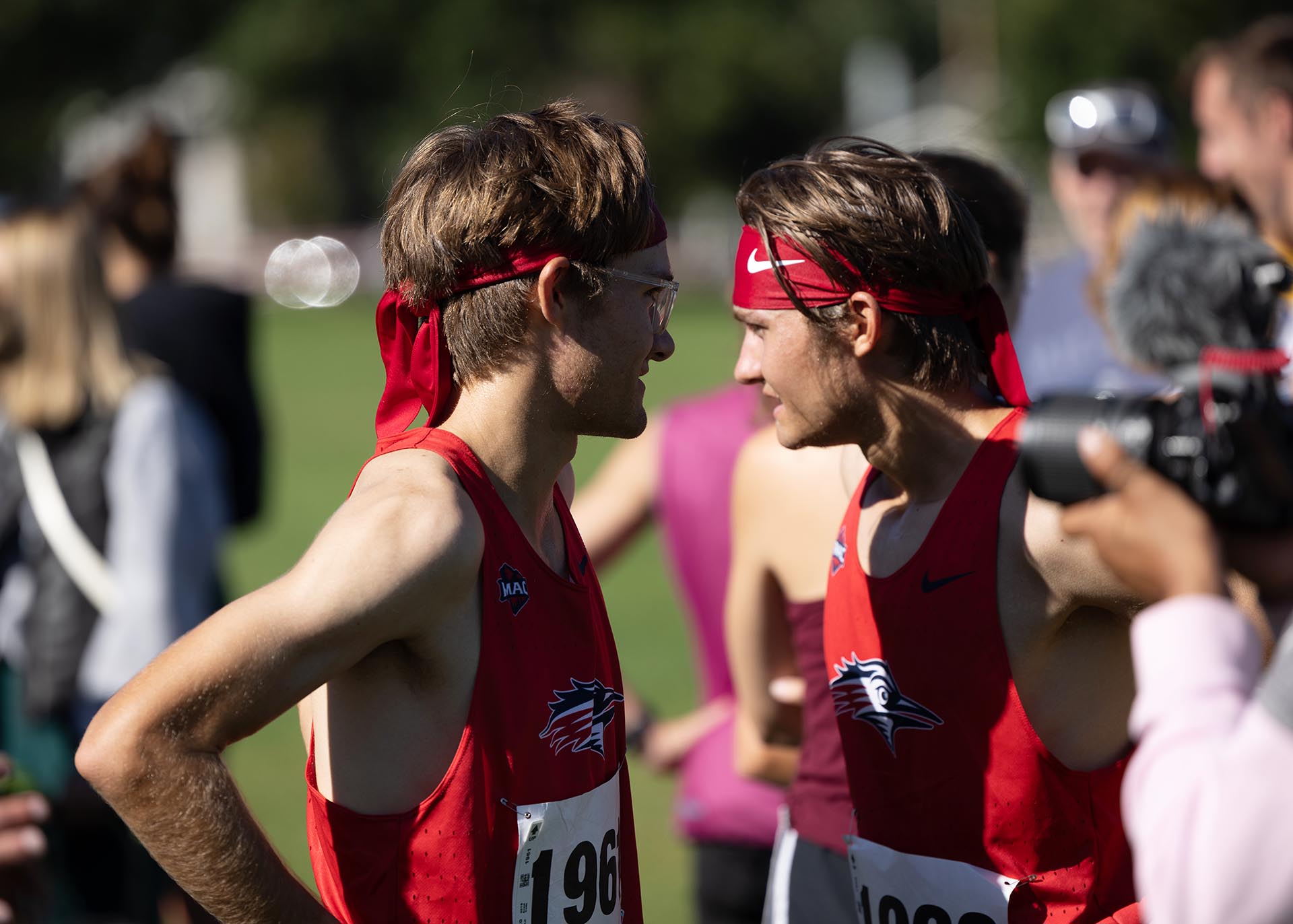
Still, she says the sport has come a long way in recognizing intellectual impairment as a category for athletic competitions.
“It’s definitely something that a lot of people aren’t really aware of,” she said. “And it is hard because (intellectual disability is) not something that you can visibly see. But it affects the way they’re coached and the way they train.”
For the twins, running is a passion, and with the help of their advisors and coaches, they’ve paved the way to go the distance.
“Gold medal, silver and bronze — that’s our goal,” Jordan said.
That’s not all they’ll accomplish, Rego added. “Being students here, getting their college degrees — that is going to open up so many other doors.”

